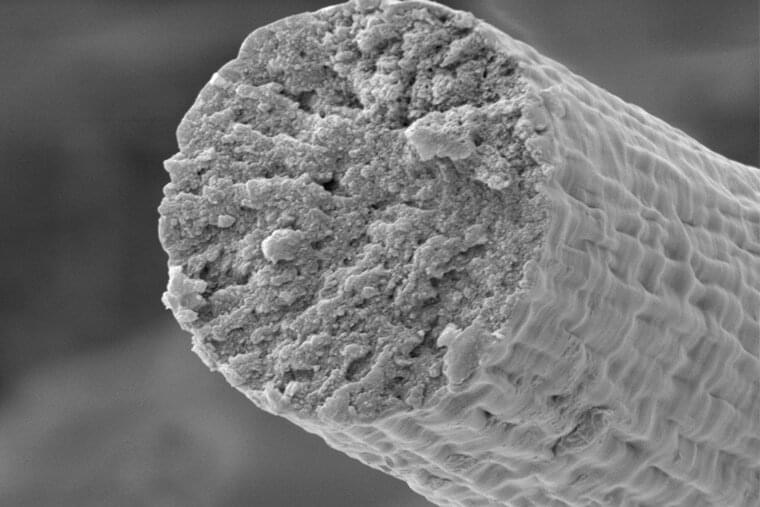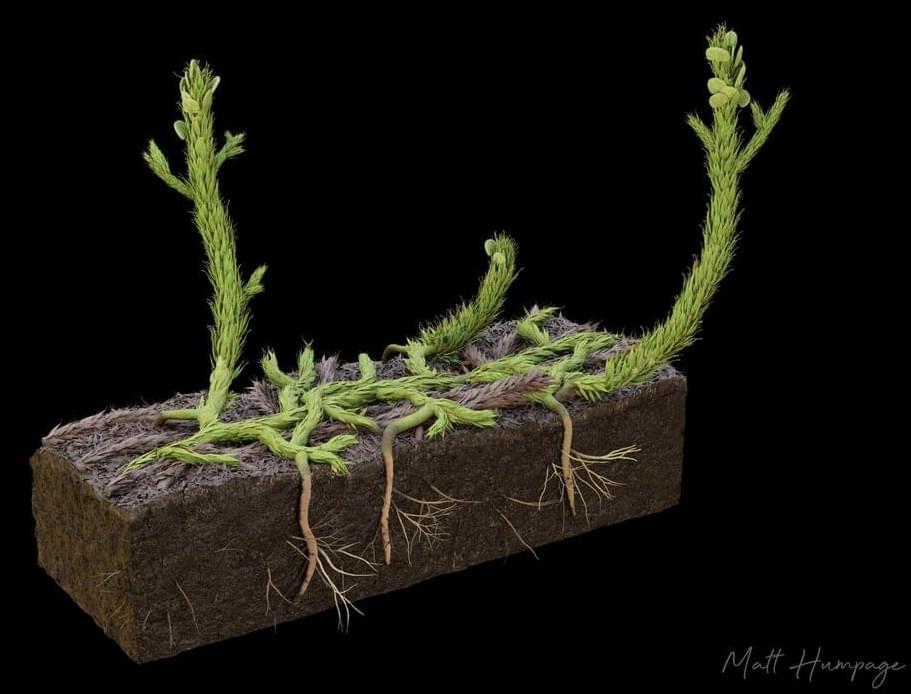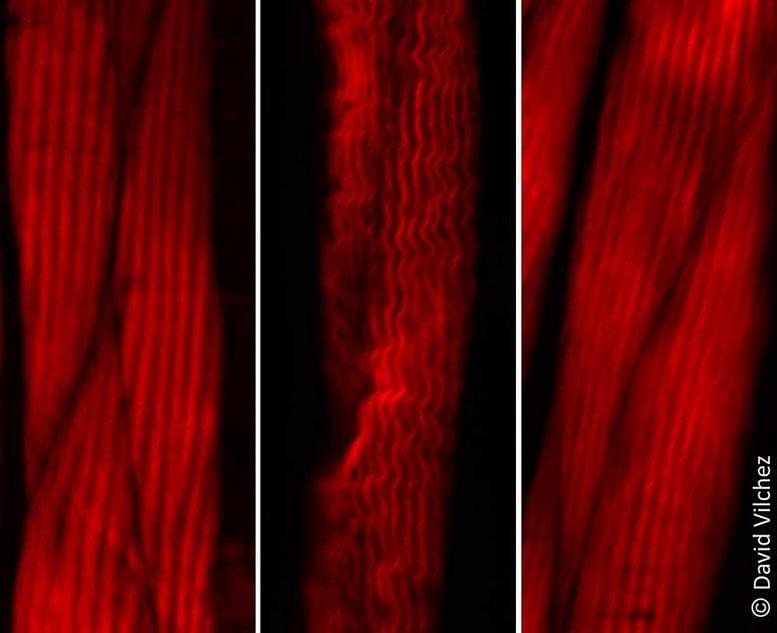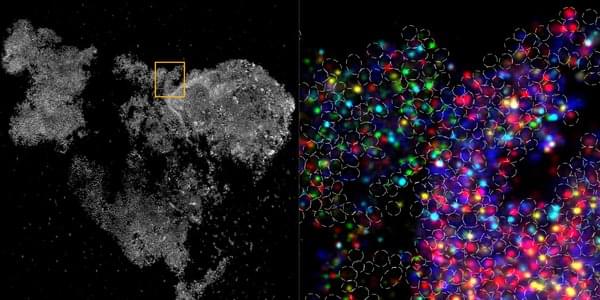Water is the most abundant yet least understood liquid in nature. It exhibits many strange behaviors that scientists still struggle to explain. While most liquids get denser as they get colder, water is most dense at 39 degrees Fahrenheit, just above its freezing point. This is why ice floats to the top of a drinking glass and lakes freeze from the surface down, allowing marine life to survive cold winters. Water also has an unusually high surface tension, allowing insects to walk on its surface, and a large capacity to store heat, keeping ocean temperatures stable.
Now, a team that includes researchers from the Department of Energy’s SLAC National Accelerator Laboratory, Stanford University and Stockholm University in Sweden have made the first direct observation of how hydrogen atoms in water molecules tug and push neighboring water molecules when they are excited with laser light. Their results, published in Nature today, reveal effects that could underpin key aspects of the microscopic origin of water’s strange properties and could lead to a better understanding of how water helps proteins function in living organisms.
“Although this so-called nuclear quantum effect has been hypothesized to be at the heart of many of water’s strange properties, this experiment marks the first time it was ever observed directly,” said study collaborator Anders Nilsson, a professor of chemical physics at Stockholm University. “The question is if this quantum effect could be the missing link in theoretical models describing the anomalous properties of water.”








